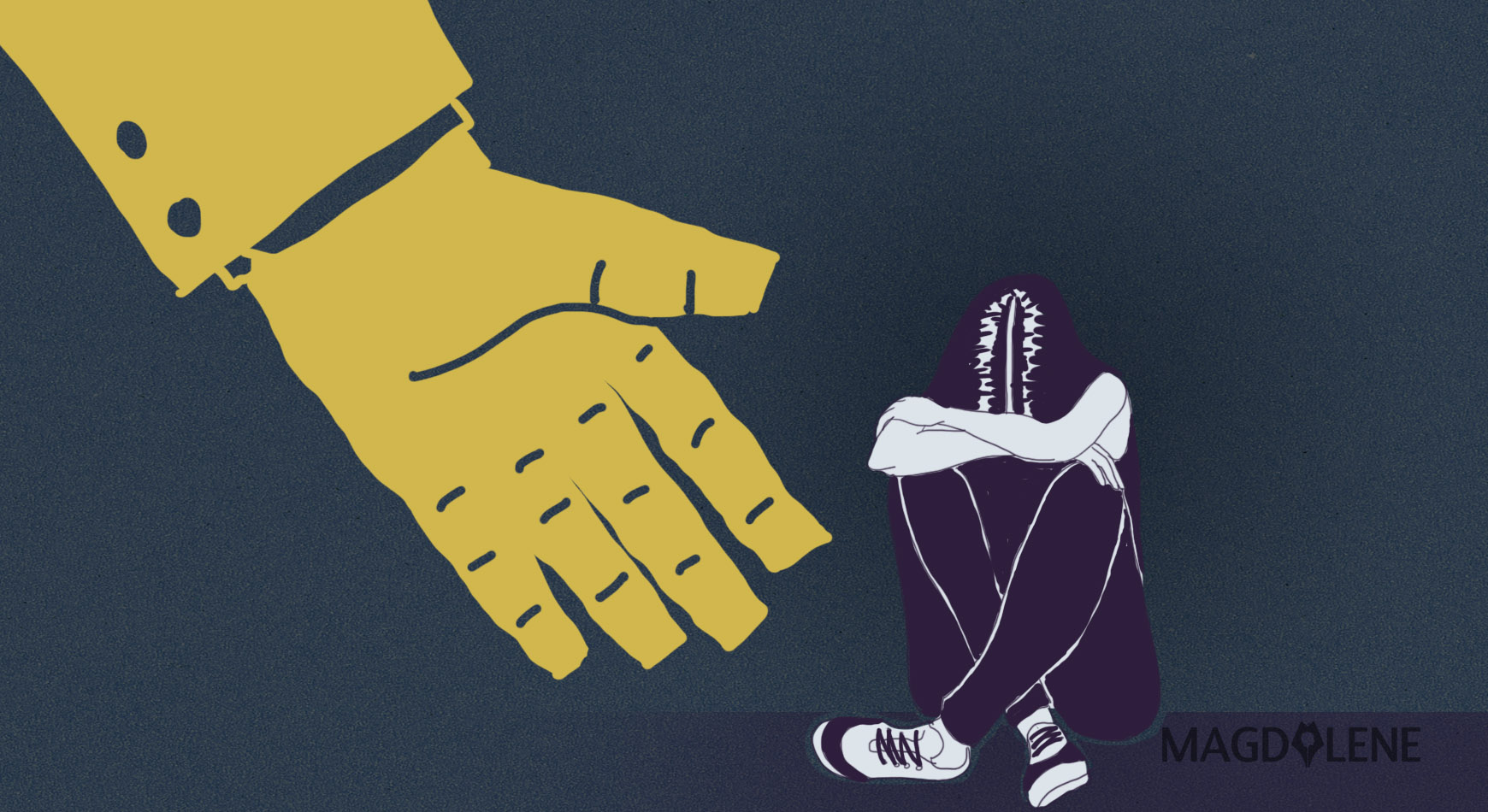One Sunday evening, just after the Idul Fitri holiday, I was taking a taxi cab from a shopping mall after doing my monthly grocery shopping. Like most other people in Jakarta, grocery shopping – along with the trips to the shopping mall by taxi cab – has become my monthly routine that I have always done mindlessly. Rarely do I remember my conversation with the taxi drivers, though the strange stories they tell me always fascinate me.
That evening’s ride, however, was a little different. My conversation with the taxi driver that evening went beyond small talk; it imprinted a very important message deep within my memory.
I had hopped into the cab as my mind was lost in rumination about the rise of radicalism in Indonesia. Various persecutions against non-Muslim Chinese-Indonesians in the last several years – including the imprisonment of Meiliana and former Jakarta governor Basuki Tjahaja Purnama for blasphemy – had put me in a fearful state of mind. Being a non-Muslim Chinese-Indonesian, cases involving racial and religious sentiment hit close to home for me.
Last Ramadhan month I woke up in my aunt’s house in Depok, West Java, to a predawn prayer sermon that sent chills down my spine.
“…non-Muslims like Christians deserve to be killed and their Chinese accomplices also have to be kicked out of this country,” the sermon blasting through huge speakers from a nearby mosque penetrated the walls of the room I was staying. I plugged my ears with my index fingers, as I was too scared to listen to the rest of the sermon. I was scared of my own family’s safety, since most of us lived in Depok and because our neighbors attend mosques like this.
Also read: Rising Religious Conservatism, Intolerance Weaponized
And recently when I was invited as a guest lecturer at a university also located in a Jakarta suburb, a lecturer called me a kafir (infidel), as his colleagues laughed it off.
My fear is not without basis. A 2018 study by the non-profit institute Setara revealed that radicalism flourished in Jakarta’s suburban areas, including Depok. Among many Indonesians, radicalism starts young. According to another Setara’s survey on student tolerance in 2016, 35.7 percent students showed intolerant tendencies in the minds while 2.4 percent had been involved in acts of intolerance.
These thoughts were running through my head in the taxi ride home from the mall. I had entertained thoughts of leaving Indonesia. I remember a Chinese-Indonesian friend who is a “liberal” Muslim, who considered migrating to the United States or Canada. But isn’t it just another form of illusion? I mused. We know that hostility against minorities – including people of color, particularly Muslims – is also flourishing in those countries. Where can we find a safe space to live? Perhaps it is safer to live in Singapore instead?
Suddenly the cab driver broke my thought, “Nice to have such an easy ride, huh?”
“Yeah," I responded, half-heartedly, “Thank God the school holiday is over.”
“Yeah, but the chaos at the Constitutional Court isn’t over yet,” he said.
Also read: The Problem with the #NotAllMuslims Narrative
I began to dread the political conversation that was to follow. The highly divisive 2019 Presidential Election was over then, but the losing candidate Prabowo Subianto had yet to admit defeat pending his lawsuit against incumbent President Joko Widodo at the Constitutional Court, while his supporters continued their sectarian campaign.
As if he could read my mind, he said: “Oh, I hate how certain politicians exploited race and religion to gain support during the last election’s campaign season.”
He continued: “I am a Muslim too and I believe that everyone, regardless of race and religion, have the right to live in Indonesia. This also applies to Chinese-Indonesians and non-Muslims. They contributed a great deal in liberating this country from our colonists.”
My mind went to the late Indonesian journalist Tjamboek Berdoeri, or Kwee Thiam Tjing, who fought for Indonesia’s independence through a mass communications campaign. His writings led to his imprisonment by the Dutch colonial administration.
“So, don’t worry, we will protect you as our brothers and sisters. You all do belong here.”
Somehow, that final reassuring remark eased my anxiety and helped end my rumination. I returned home that night feeling secure and calm. Not everything is lost. Like that taxi driver, we could strive to build a common ground with our fellow humans in a simple way, spreading faith in humanity’s goodness amid perpetual human conflict.
Also read Sebastian’s thoughts on being an introvert.







Comments